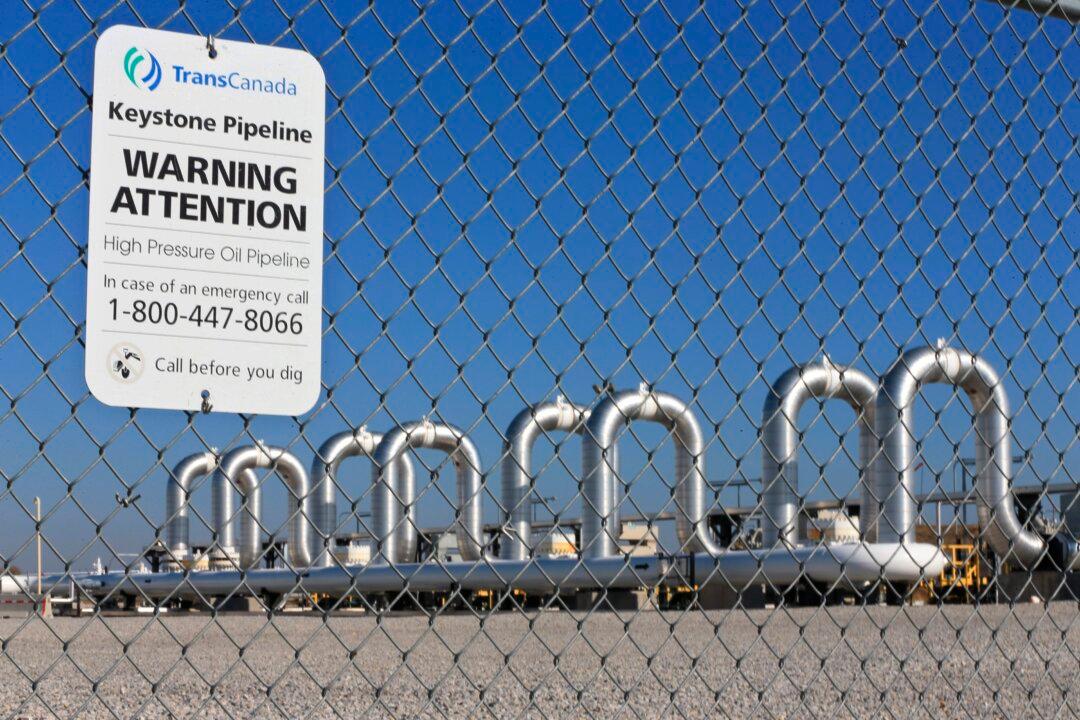It’s clear the time is now for Canada to explore new ways to engage with its southern neighbour, given changes to U.S. energy and environmental policy expected under President Joe Biden’s administration, including cancellation of the Keystone XL pipeline—a body blow to Canada’s economy. An expert panel on the energy sector and Canada-U.S. relations met on Feb. 16 to discuss how the Canadian government might proceed.
The panellists at the webinar, hosted by the Macdonald-Laurier Institute (MLI), expressed a mainly optimistic outlook for the next four years based on the long history of the fruitful Canada-U.S. relationship, despite the occasional dispute.
Finding the right balance in respecting the sovereignty of both independent nations is essential, noted MLI senior fellow JP Gladu, president of the Alberta to Alaska Railway.
It hinges on “convincing America that we in Canada matter … and that continental solutions are really in everybody’s interest, and also convincing Canadians that America is a vital part of Canada’s prosperity,” he said.
The future of Enbridge’s Line 3 and Line 5 pipelines come into question. Gladu said these two projects are absolute musts for Canada, adding that millions of Eastern Canada consumers would be directly impacted if Michigan’s governor is successful in shutting down Line 5.
“Then and only then, particularly on this side of the border are Canadians going to really understand the pace of energy transition doesn’t happen overnight and the importance of energy sovereignty. … We’re going to be reliant on oil and gas for a long time,” he said.
Gary Doer, a former Canadian ambassador to the United States, said Prime Minister Justin Trudeau would be right to focus attention on lines 3 and 5 going forward.
“You’ve got to decide where you’re going to spend your energy, and we’ve got some items on our to-do list,” he said.
But even if the two countries are now more ideologically aligned, that doesn’t diminish the need for Canada to stand up for its best interests, said Lisa Raitt, vice chair for global investment banking at CIBC Capital Markets and a former natural resources minister.
“We’re still going to have to have tough negotiations across the border,” she said.
While Canada and the United States indeed vastly differ in size, the lone American panellist, Maryscott Greenwood, CEO of the Canadian American Business Council, said the asymmetry argument is not totally justified.
“It’s not exactly right, because Canadians have all of the natural resources and freshwater that the U.S. is going to want and need forever,” she said. “It’s not always the elephant and the mouse. There are some areas where Canada really has the advantage.”
Raitt and Doer said it’s in Canada’s favour that it had already worked with Biden in the past, during the Obama administration, and many ties already exist below the official level.





